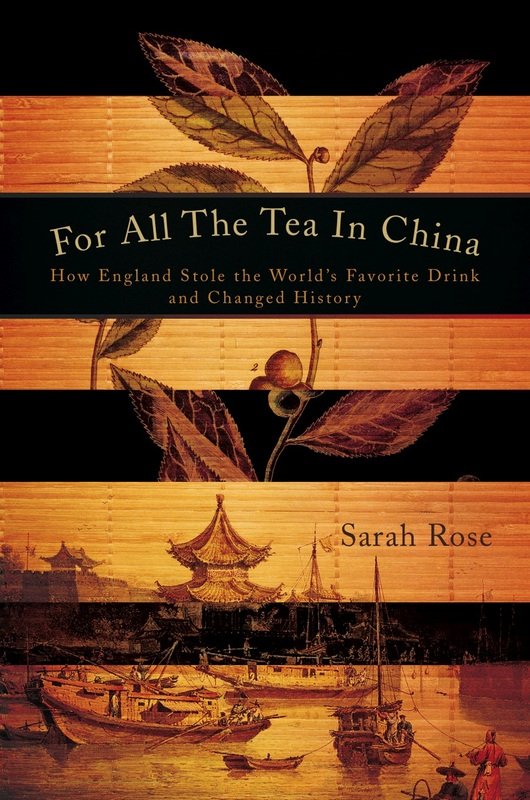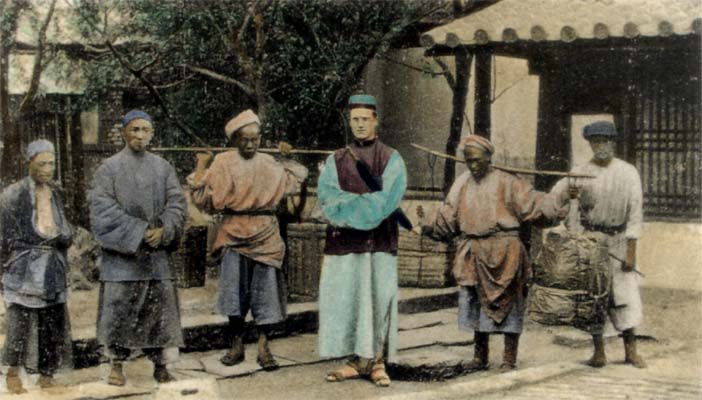
As a self-proclaimed theic (one who is addicted to tea), I am thrilled someone, in modern times, has tackled this vast, interwoven tale of a name that changed so much but it little remembered. Tea is like wine. Growing seasons, climates, picking times, drying, storing and shipping all affect the taste.
And there are plenty who prefer a potent earl grey to a warm green tea. And it was plant-hunter and spy Robert Fortune who discovered (for the Western world) that these two very different teas grew from the same plant. Author Sarah Rose delves into the seductive past and retrieves the best, most aromatic leaves for our enjoyment.
The fortuitously-named Robert Fortune took on a great adventure in the name of tea and Queen. The East India Company was losing money, so they decided to steal the secrets of Chinese tea and transplant them to India, where they still had power. They tapped Fortune to be their spy. This debut book by Sarah Rose, follows Fortune on his journey.

With stories gleaned from Fortune’s meticulous diaries and journals, Rose maintains an even keel between historical background and plant-hunting espionage. Her descriptions of inland China, with terraced hillsides, fresh peaches, and blooming forsythia are intoxicating. Wandering along the river, filling glass Wardian cases with exotic plants sounds divine. This idyllic setting is counterbalanced by the danger of impersonating a Mandarin Chinese and avoiding suspicion.
Indeed, there are many intricate details of Chinese society that this tale of tea serves to enlighten. While Fortune was a hero to the West, he was clearly an enemy to China and the East. Through Rose’s telling of Fortune’s exploits, we see the emotional complications of respect for and exploitation of another culture. It is clear that not only Fortune himself benefitting from this travels, but the economy of the strongest Empire in the world.
I spent a summer as a gardener at the Canterbury Shaker Village and one of my jobs was to harvest and dry the mint for their four mint tea. It was a quiet, peaceful job, if not an easy one, but it is still the best job I’ve ever had. Particularly in an age when we are once again learning to respect the value of a growing our own gardens, in some small way, I’d like to think I was following in Robert Fortune’s steps. The gardening part; not the traveling and spying part.
(For more, check out the author’s article in Smithsonian Magazine here. Its tags are “crime” and “botany” – you know you want to read it.)
Thank you to Meghan and Holly at Viking Press.
Book: Hardcover
5.51 x 8.26in
272 pages
ISBN 9780670021529
18 Mar 2010
Viking
